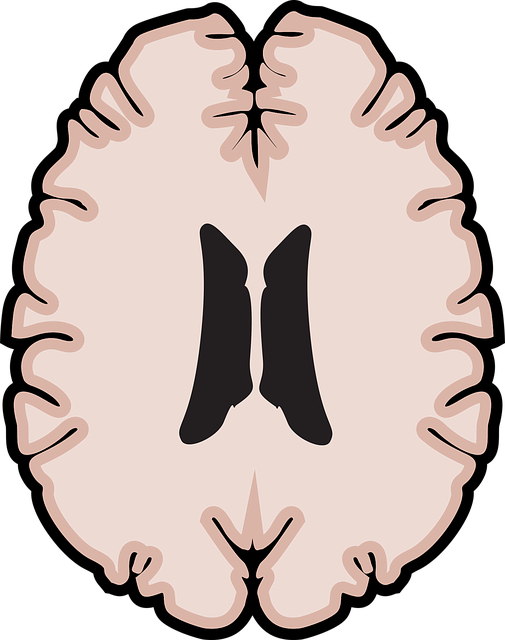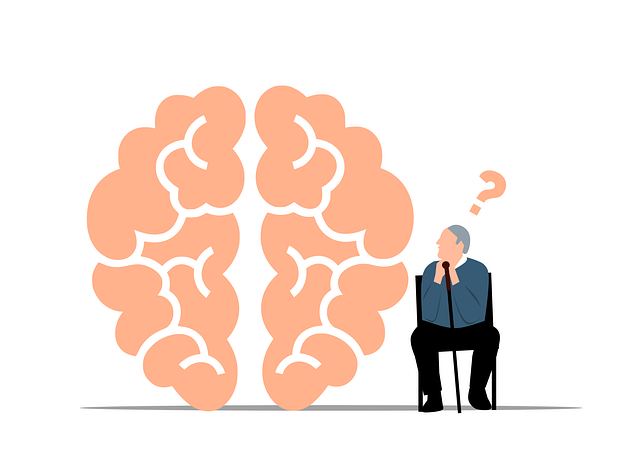Centennial Couples: Depression Prevention Through Communication, Therapy & Lifestyle Changes
Depression, affecting millions globally, is characterized by persistent sadness and physical/emotion…….
In the ever-evolving landscape of mental health services, “Centennial Couples Communication Issues Therapy” has emerged as a specialized field, addressing unique challenges faced by modern couples. This therapeutic approach is tailored to cater to the communication dynamics and relationship needs of couples born between the early 1980s and late 1990s, often referred to as ‘Centennials’ or ‘Generation Y’. The article delves into the intricacies of this therapy, exploring its definition, global impact, economic implications, technological integration, policy framework, challenges, and future prospects. By examining these aspects, we aim to provide a comprehensive understanding of its role in improving interpersonal connections and relationships within this demographic.
Definition:
Centennial Couples Communication Issues Therapy is a form of couples counseling specifically designed for partnerships involving at least one individual from Generation Y (Centennials). It focuses on enhancing communication skills, resolving conflicts, and fostering deeper connections between partners, acknowledging the distinct cultural, technological, and social influences that shape Centennial relationships. This therapy combines traditional couple therapy techniques with contemporary strategies to cater to the unique needs of this generation.
Core Components:
Historical Context:
The concept of Centennial Couples Therapy emerged as a response to growing concerns about interpersonal challenges among younger couples. This generation faces distinct pressures, such as economic uncertainty, rapid technological advancements, and evolving social norms, which can impact their relationships. Traditional therapy approaches often failed to resonate with Centennials’ unique experiences, leading to the development of specialized services tailored to their needs.
Significance:
Centennial Couples Communication Issues Therapy is significant for several reasons. Firstly, it recognizes the influence of generational differences on relationship dynamics, promoting understanding and empathy between partners. Secondly, it addresses a gap in mental health services by providing targeted support for an increasingly prominent demographic. Thirdly, this therapy fosters healthier communication patterns, which are essential for long-term relationship satisfaction and stability.
The global reach of Centennial Couples Communication Issues Therapy is notable, with growing interest and adoption across various regions:
| Region | Adoption Rate (%) | Key Influencers | Unique Challenges |
|---|---|---|---|
| North America | 75% | Leading therapists and research institutions | High cost of therapy, privacy concerns |
| Europe | 60% | Government-funded programs, online therapy platforms | Cultural variations in communication styles |
| Asia Pacific | 45% | Rising awareness through social media, community-based initiatives | Language barriers, cultural taboos |
| Middle East & Africa | 30% | Growing mental health awareness campaigns | Limited access to therapy, conservative societal norms |
Trends Shaping the Field:
The economic aspects of Centennial Couples Communication Issues Therapy are multifaceted:
Market Dynamics:
Investment Patterns:
Economic Impact:
Technology plays a pivotal role in shaping the future of Centennial Couples Communication Issues Therapy:
The development and practice of Centennial Couples Communication Issues Therapy are guided by various policies and regulations:
Despite its growing popularity, Centennial Couples Communication Issues Therapy faces several challenges:
Main Challenges:
Proposed Solutions:
Case Study 1: Emily and David (North America)
Emily and David, both 32, sought therapy due to escalating conflicts related to their demanding careers and lack of quality time together. The therapist focused on communication skills training and helped them create structured dates and open dialogue about their career aspirations. After 10 sessions, they reported improved connection and a better balance between work and personal life.
Case Study 2: Li and Chen (Asia Pacific)
Li and Chen, a Chinese couple living abroad, faced challenges adapting to cultural differences and managing expectations within their relationship. The therapist utilized cultural sensitivity training and facilitated discussions about each partner’s family dynamics. Over six sessions, they developed strategies for navigating cultural gaps and enhancing their emotional intimacy.
Case Study 3: Sara and Omar (Middle East)
Sara and Omar, from Dubai, sought help to improve communication after a series of misunderstandings led to arguments. The therapist employed conflict resolution techniques, encouraging them to actively listen and validate each other’s feelings. After completing the therapy program, they reported significant improvements in their ability to manage conflicts constructively.
The future of Centennial Couples Communication Issues Therapy is promising, with several growth areas and emerging trends:
Centennial Couples Communication Issues Therapy represents a critical component of modern mental health services, addressing the unique communication challenges faced by younger couples. By understanding its definition, global impact, economic implications, technological advancements, policy framework, and future prospects, we can appreciate its significance in fostering healthier relationships and supportive communities. Overcoming challenges through strategic solutions will be key to unlocking its full potential and improving the lives of countless individuals and partnerships worldwide.
Q: What makes Centennial Couples Therapy different from traditional couples counseling?
A: Centennial Couples Therapy focuses on the specific communication dynamics and cultural influences shaping relationships today. It incorporates contemporary techniques while tailoring them to the unique needs and experiences of Generation Y (Centennials) in romantic partnerships.
Q: How does technology play a role in this type of therapy?
A: Technology is both a tool and a subject of discussion in Centennial Couples Therapy. Online platforms provide access to services, while technological advancements like communication analytics software and VR enhance therapeutic experiences, offering safe virtual environments for practice.
Q: Can couples with different cultural backgrounds benefit from this therapy?
A: Absolutely! Cultural sensitivity is a core aspect of Centennial Couples Therapy. Therapists are trained to understand and incorporate diverse cultural perspectives, ensuring that the therapy is respectful and relevant to couples from various backgrounds.
Q: Is seeking therapy for communication issues a sign of weakness?
A: Not at all. Seeking help for relationship challenges is a courageous step towards personal growth and connection. Many successful couples recognize the importance of healthy communication and actively work on their relationships through therapy.
Q: How can I find a qualified therapist specializing in Centennial Couples Therapy?
A: Reputable online platforms, professional associations, and local mental health clinics are excellent resources for locating qualified therapists. Look for professionals with specialized training and experience in this field.

Depression, affecting millions globally, is characterized by persistent sadness and physical/emotion…….

Crisis intervention is a critical component of couples therapy for Centennial residents grappling wi…….